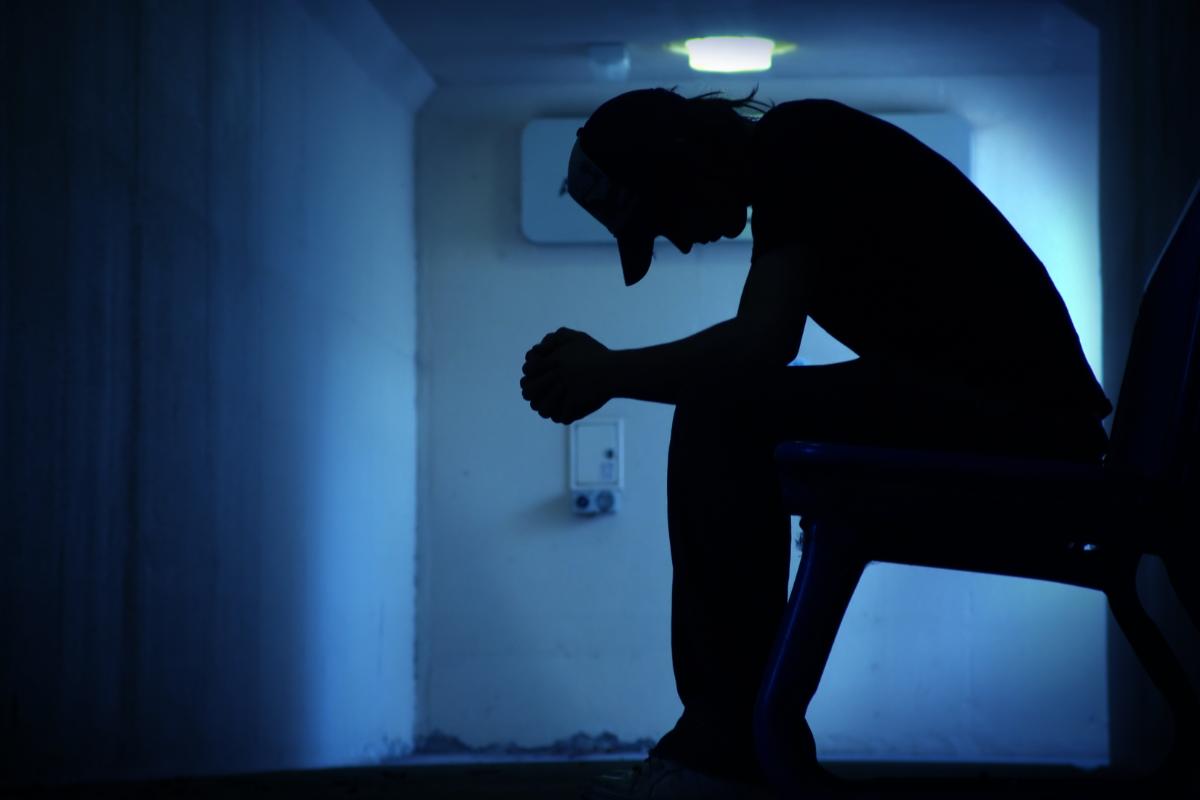
Heroin addiction is incredibly adverse and dangerous for everyone, but it’s especially harmful to teenagers. The dangers of teen heroin addiction include physical health problems and behavioral and psychological issues that may lead to educational, legal, and social consequences. Getting admitted into a heroin addiction treatment program is the best course of action if a substance use disorder involving heroin or any other opioid is discovered.
If you’re looking for teen heroin addiction treatment programs in Pennsylvania, contact the Naaman Center at Pennsylvania Adult and Teen Challenge today. Call 888.541.9239 or reach out to our team online.
What Is Heroin?
Heroin is an illicit drug made from morphine, a natural substance taken from the seed pods of various poppy plants. It can look like a white or brown powder or a black sticky substance. People can inject, sniff, snort, or smoke heroin to get it in their systems. Sometimes, people can mix heroin with crack cocaine. The practice is called speedballing and is very dangerous.
Teen heroin addiction can be difficult to spot until it’s fully developed. Many casual users of heroin quickly develop an addiction because of the surge of intense and pleasurable sensations that follow each dose. Most teens will prioritize feeling that rush again and won’t think twice about using heroin again. They will likely not research the adverse effects of using heroin.
However, the rush of using heroin is typically accompanied by unpleasant symptoms, such as a heavy feeling in the body’s extremities, dry mouth, severe itching, nausea, and vomiting. Parents and guardians may also notice clouded mental functions, drowsiness, slowed breathing, and slowed heart functions in their children. These short-term effects can be life-threatening, especially slowed breathing. It can lead to a coma and result in permanent brain damage.
Teen Heroin Use Can Lead to Overdose
Teens can easily overdose on heroin and other opioids. This is the main danger of heroin addiction because an overdose can quickly turn fatal. Signs of opioid overdose include the following:
- Body going limp
- Can’t speak or can’t be awakened
- Clammy and pale skin
- Fingernails or lips turn blue or purple
- Making gurgling noises when vomiting
If you notice these symptoms, immediately call 911. Opioid overdose can be fatal.
What Are the Dangers of Heroin Addiction in Teenagers?
Apart from a fatal overdose, other dangers of heroin addiction can come from the chemical makeup of the heroin your teen is using. For example, a batch of heroin with additives like sugar, starch, or powdered milk can clog blood vessels leading to the brain, kidneys, liver, and lungs. This blockage can cause permanent physical damage or cardiovascular issues such as heart attacks, pulmonary embolisms, or strokes. Sharing heroin injection equipment with others can also increase the risk of contracting infectious diseases such as hepatitis and HIV.
Many teens who battle heroin addiction may not even be aware of the damage that heroin is doing to their bodies. The most common dangers of heroin addiction in teens, apart from those discussed above, include the following:
- Cardiac complications, including atherosclerosis, endocarditis, and pericarditis
- Coma
- Necrotizing fasciitis, which is a fast-moving and fatal infection
- Respiratory problems including pneumonia and pulmonary diseases
When Should Someone Consider a Heroin Addiction Treatment Program?
Many parents of teens struggling with heroin addiction may forego professional treatment because they don’t think the heroin-related problem is severe enough. Alternatively, they don’t see how it fully affects their children. However, heroin addiction in teenagers is a serious problem, no matter the intensity of the addiction or whether or not it negatively affects their life.
Unfortunately, very few of those struggling with substance use disorders get the treatment that helps them overcome their addictive substance-related problems. Please don’t let this be the case for your teen. If you observe any of these criteria for addiction diagnosis in your child, chances are they’re dealing with addiction and need professional help:
- Cravings
- Dangerous use
- Desire to quit but being unable to do so
- Lack of control
- Loss of interest
- Lack of responsibility
- Problems with relationships
Learn About Pennsylvania Adult and Teen Challenge
Are you searching for heroin addiction treatment programs in Pennsylvania? Contact Pennsylvania Adult and Teen Challenge today by calling 888.541.9239 or reaching out to our team online.
